Thyroxine Sodium 25 mg Tablets for Cats: Dosage, Administration, and Safety
Thyroid disorders in cats, particularly hypothyroidism, can have a significant impact on their overall health and quality of life. Thyroxine Sodium 25 mg Tablets are a key treatment option for managing hypothyroidism in felines. Hypothyroidism occurs when the thyroid gland is unable to produce adequate amounts of thyroid hormones, leading to various health issues.
What is Hypothyroidism in Cats?
Hypothyroidism in cats is a relatively rare condition, but it can still have significant effects on a cat’s health.
- Causes of Hypothyroidism in Cats: While primary hypothyroidism is uncommon in cats, it can occur due to autoimmune thyroiditis, surgical removal of the thyroid, or damage to the thyroid gland.
- Symptoms of Hypothyroidism in Cats: These may include lethargy, weight gain, hair loss, dry skin, cold intolerance, and muscle weakness.
How Thyroxine Sodium 25 mg Tablets Work for Cats
Thyroxine Sodium 25 mg Tablets provide a synthetic form of T4 (thyroxine), which is the primary hormone produced by the thyroid gland. When administered to a cat with hypothyroidism, this medication compensates for the insufficient production of thyroid hormones, restoring normal metabolic function.
- Mechanism of Action: The tablet is converted to T3 in the body, the active form of the hormone, which influences key bodily functions, including metabolism, heart rate, protein synthesis, and thermoregulation.
- Dosing Information: Your veterinarian will adjust the dose based on regular monitoring of T4 levels in the blood.
Indications for Thyroxine Sodium 25 mg Tablets for Cats
- Treatment of Hypothyroidism
The primary indication for Thyroxine Sodium 25 mg Tablets is the treatment of hypothyroidism in cats. By restoring thyroid hormone levels, the medication helps alleviate the symptoms of hypothyroidism and normalize metabolic processes.
- Signs of Improvement: As treatment progresses, you should observe improvements in energy levels, weight management, coat condition, and skin health. Cats often become more active and regain their normal behavior within a few weeks of starting treatment.
- Thyroid Hormone Replacement Therapy
For cats diagnosed with primary hypothyroidism, Thyroxine Sodium acts as a replacement therapy to supply the thyroid hormones that the gland can no longer produce effectively. This therapy typically lasts a lifetime. - Management of Secondary Hypothyroidism
In cases of secondary hypothyroidism, where the pituitary gland is not stimulating the thyroid adequately, Thyroxine Sodium 25 mg can help normalize thyroid hormone levels. - Non-Thyroidal Illness Syndrome (NTIS)
Thyroxine Sodium is sometimes used to treat Non-Thyroidal Illness Syndrome (NTIS), where thyroid hormone levels decrease due to stress, illness, or infections. The medication helps restore balance and improve overall health during recovery.
Advantages of Thyroxine Sodium 25 mg Tablets for Cats
- Restores Normal Metabolism
By replacing the deficient thyroid hormones, Thyroxine Sodium 25 mg Tablets help regulate the cat’s metabolism, improving their overall energy levels and bodily functions. - Improves Coat and Skin Health
Hypothyroidism can cause dry, brittle hair and shedding. Once treatment begins, the skin becomes healthier, and the coat may return to its natural shine and smoothness. - Enhances Energy and Vitality
Hypothyroid cats often suffer from lethargy. Restoring thyroid hormone levels leads to an increase in activity, helping the cat regain energy and enthusiasm for play and exploration. - Promotes Weight Management
Thyroxine helps normalize weight gain or obesity associated with hypothyroidism by improving metabolism and allowing for better energy utilization. - Muscle Strength and Mobility
Muscle weakness is a common symptom of hypothyroidism.
Thyroxine Sodium 25 mg Tablet Dosage and Usage Guidelines for Cats
Below is a dosage table format for Thyroxine Sodium 25 mg Tablets based on body weight. It’s important to note that dosage may vary depending on individual needs, and veterinary supervision and blood tests are essential for adjusting the correct dosage.
| Body Weight | Tablet Quantity per Day | Frequency |
| 1-2 kg (2.2-4.4 lbs) | 0.25 – 0.5 tablet | Once daily or divided doses |
| 2-4 kg (4.4-8.8 lbs) | 0.5 – 1 tablet | Once daily or divided doses |
| 4-6 kg (8.8-13.2 lbs) | 1 – 1.5 tablets | Once daily or divided doses |
| 6-8 kg (13.2-17.6 lbs) | 1.5 – 2 tablets | Once daily or divided doses |
| 8-10 kg (17.6-22 lbs) | 2 – 2.5 tablets | Once daily or divided doses |
Key Notes:
- Starting Dose: The initial dose is typically between 05 to 0.1 mg/kg per day.
- Adjustments: Your veterinarian will adjust the dose based on blood test results and your cat’s clinical response.
- Monitoring: Regular blood tests are essential to monitor thyroid hormone levels (T4) and adjust the dose accordingly.
- Frequency: Typically administered once daily. Some cats may benefit from dividing the dose into morning and evening based on their needs.
Potential Side Effects and Safety Considerations of Thyroxine Sodium 25 mg Tablets for Cats
Thyroxine Sodium 25 mg Tablets are generally well-tolerated by cats and are a vital part of managing hypothyroidism. However, like any medication, they may cause side effects, especially if the dosage is incorrect or if the cat has an underlying condition. Understanding the potential side effects and safety precautions is crucial for ensuring your cat’s well-being during treatment.
Common Side Effects
While most cats tolerate Thyroxine Sodium 25 mg Tablets without any issues, some may experience mild to moderate side effects, especially when first starting the medication or if dosages are not correctly adjusted.
- Increased Thirst and Urination (Polydipsia and Polyuria)
- A common side effect, especially if the dosage is too high, is increased thirst and urination. This may resolve as the dosage is adjusted to more appropriate levels.
- Appetite Changes
- Some cats may experience an increase or decrease in appetite. If this persists or is significant, a dosage adjustment may be needed.
- Hyperactivity or Nervousness
- Increased energy or nervousness can occur, particularly if the thyroid hormone levels are elevated due to overmedication.
- Vomiting or Diarrhea
- These gastrointestinal issues are less common but can occur, particularly when starting treatment.
Serious Side Effects
In rare cases, overdosing or incorrect administration can lead to more serious side effects, which may indicate that your cat is receiving too much Thyroxine Sodium.
- Signs of Hyperthyroidism
- Excessive Dosage: Overdosing on Thyroxine Sodium can lead to symptoms of hyperthyroidism, including:
- Increased heart rate (tachycardia)
- Restlessness or agitation
- Muscle tremors
- Weight loss despite increased appetite
- Rapid breathing
- Excessive Dosage: Overdosing on Thyroxine Sodium can lead to symptoms of hyperthyroidism, including:
- Cardiovascular Symptoms
- Some cats may experience an elevated heart rate, which can be a sign that the thyroid hormones are too high. Monitoring the cat’s heart rate regularly is advised, especially for older or smaller cats.
- Arrhythmias (Irregular Heartbeats)
- In rare instances, thyroid hormone excess can lead to arrhythmias, which require immediate medical intervention.
Safety Precautions
To ensure the safety of your cat during treatment with Thyroxine Sodium 25 mg Tablets, several precautions should be followed:
- Regular Blood Monitoring
- Regular blood tests (T4 levels) are essential for adjusting the dosage and monitoring the cat’s thyroid hormone levels.
- Dosage Adjustments
- Your veterinarian will guide you on the appropriate dosage based on your cat’s weight, age, and thyroid hormone levels.
- Follow-Up Visits
- Follow-up veterinary visits should be scheduled to monitor your cat’s progress. These visits are necessary to check for any signs of side effects and to adjust the medication as needed.
- Avoid Self-Medicating
- Never attempt to adjust the dosage without veterinary consultation. Cats should not be treated with any other thyroid hormone preparations or medications unless specifically prescribed by your vet.
- Adjusting Treatment for Older Cats
- Older cats may be more sensitive to thyroid hormone fluctuations. Extra care should be taken when administering the medication to senior cats, including more frequent monitoring of heart rate and behavior.
Scientific Studies on Thyroxine Sodium 25 mg Tablets for Cats
Thyroxine Sodium 25 mg Tablets are a key treatment for hypothyroidism in cats, helping restore normal thyroid hormone levels and alleviate symptoms like lethargy, weight gain, and poor coat condition.
1. Efficacy
Clinical trials have shown that Thyroxine Sodium effectively normalizes thyroid hormone levels in hypothyroid cats, leading to improvements in energy, activity, and coat quality within 4–6 weeks.
2. Dosage and Administration
Studies confirm that once-daily dosing works just as well as divided doses, improving convenience for pet owners.
3. Safety and Side Effects
While the medication is generally well-tolerated, overdosing can lead to hyperthyroidism symptoms such as rapid heart rate and vomiting. Regular blood monitoring is essential to adjust dosages and avoid adverse effects.
4. Long-Term Management
Research supports lifelong treatment with Thyroxine Sodium for cats with hypothyroidism, with blood tests ensuring appropriate dosage and sustained symptom relief. Long-term studies confirm significant quality-of-life improvements in treated cats.
Conclusion
Thyroxine Sodium 25 mg Tablets for Cats are an essential treatment for managing hypothyroidism, a condition that can significantly affect a cat’s metabolism, energy levels, and overall well-being. By restoring normal thyroid hormone levels, these tablets help alleviate symptoms such as lethargy, weight gain, hair loss, and muscle weakness, ultimately improving the quality of life for affected cats. With proper dosing, regular blood monitoring, and veterinary oversight, Thyroxine Sodium offers a safe and effective long-term solution for hypothyroid cats. Whether used for primary hypothyroidism, secondary hypothyroidism, or Non-Thyroidal Illness Syndrome (NTIS), the medication provides vital support for maintaining health and vitality.







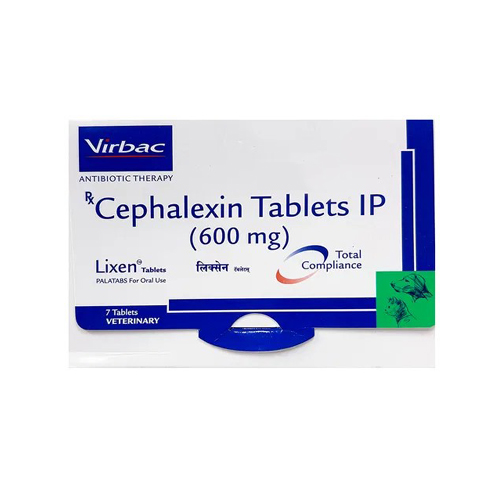
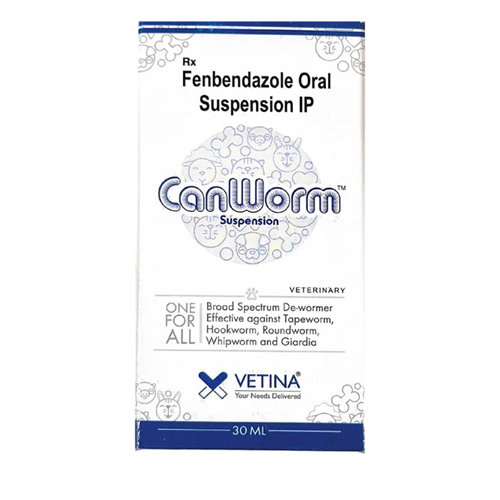


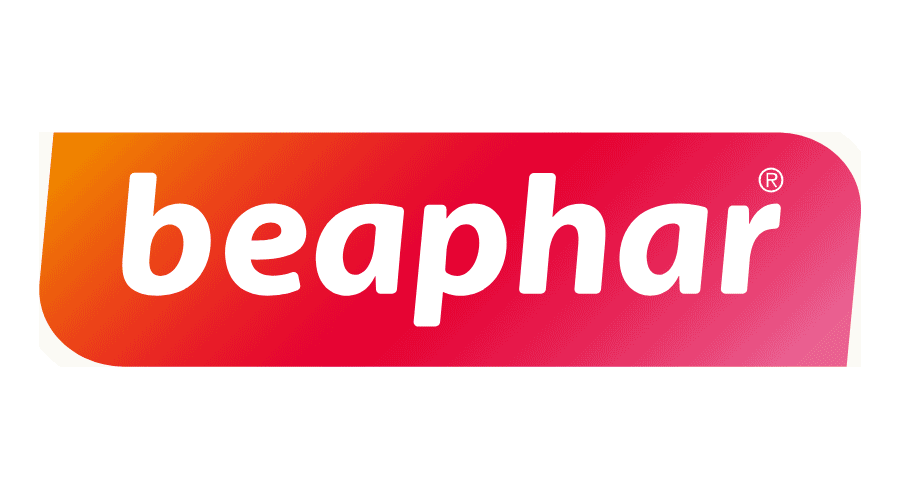


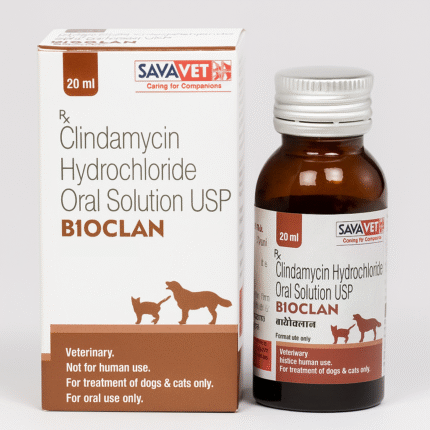


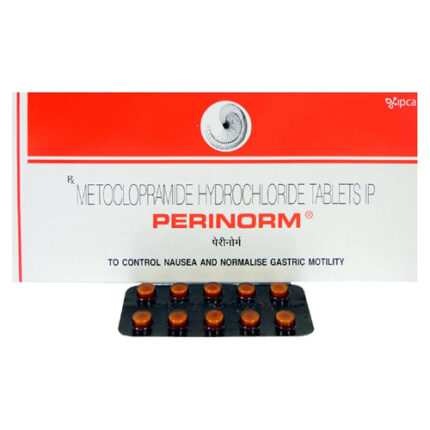
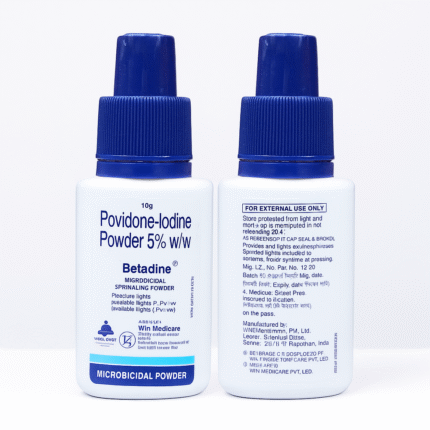


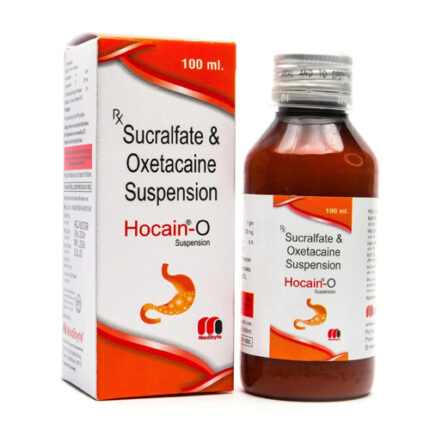
Reviews
There are no reviews yet.